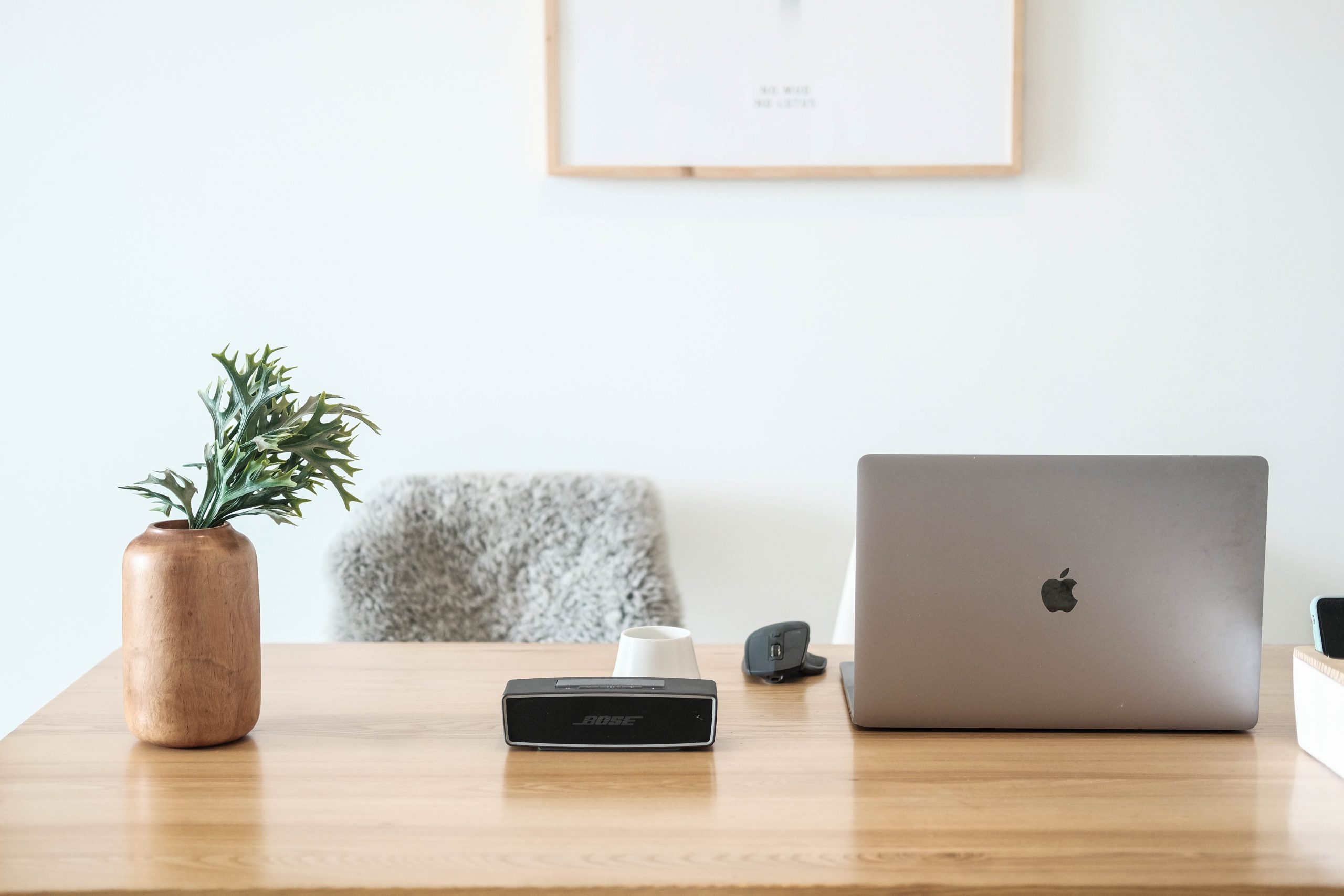How to keep your brain motivated during the pandemic
Have you ever been on a rollercoaster that you really didn’t want to get on in the first place, and now you can’t get off and is going for way longer than you expected? At times, this is what the pandemic can feel like. Thanks to the constant back and forth of lockdowns and outbreaks over the past 18 months our routines and schedules have been thrown into yo-yo mode. Just when we are starting to get back into the swing of things, something unexpected seems to happen. Many businesses have made the permanent switch from working from the office to working from home, meaning that workers are trying to become accustomed to the WFH lifestyle. Adjusting to the combination of living and working from home can make it hard to avoid distractions and stay motivated when working. Here are five tips to help your mind stay on track in your home office.
Update your goals.
As restrictions around working and socialising change, so should your goals. Understanding that you may not be able to achieve your goals in the same manner or time frame does not mean they can’t be achieved at all. Whether it be professional or personal goals, look back and make changes where needed. Observe your progress and adjust accordingly. Take note of how on track you are, and if you are struggling to stick to them, ask yourself if your goals are achievable in this environment? Be kind to yourself and don’t set unrealistic expectations! Move with the times and allow yourself some breathing room to adjust.
Prioritise your health and relationships.
You work your best when you, and the people around you, are happy and healthy. It can be easy to fall out of routine during the pandemic due to stress or lack of motivation. Simple changes in your daily schedule can help you feel good so you can work better. Try to make sure each day you drink plenty of water, sleep well, eat fresh food and stay connected with friends and family. Regular physical activity is also proven to boost the brain’s levels of dopamine, norepinephrine and serotonin which affect focus and attention, therefore helping you to maintain concentration. Establishing a routine that involves healthy habits can help alleviate stress and keep you on track with your work. In your routine, designate time to move your body at least once a day. This will help you feel a sense of purpose and accomplishment and also help boost your brain power when it is time to focus.

Clear your space.
A cluttered space = a cluttered mind, and there’s research to prove it! A study in 2011 found that clutter can overwhelm the visual cortex, making it easier to become distracted by task-irrelevant objects. Researchers also discovered in a study published in the Personality and Social Psychology bulletin that people who operate in cluttered spaces show higher levels of cortisol, the hormone associated with stress. It may seem like an irrelevant part of your routine, but taking the time to clear your space can improve your mood and keep you focused on relevant tasks while you work.
Stay informed, but don’t become obsessed.

Don’t give weight to rumours or theories – just wait for the facts. Keep up with the news but try not to become obsessed with updates like it’s the last form of hope. Making assumptions can become a bad habit if repeated often enough and it can even turn into toxic behaviour. The act of obsessively searching for information on the COVID-19 pandemic is referred to as Doomscrolling and has been linked to having numerous impacts on an individual’s mental health, including increased stress levels. Stay informed but remember to take a break from the online world of constant updates. This will help you to concentrate on the task at hand and keep your mind at ease.
Switch off.
Walking away from work can be even more difficult when your job invades your home. One way to trick your brain into keeping things separate when working from home is to set up a space that is strictly for work only. Many people will use their bedroom or kitchen table as a desk, however our brains already have pre-existing attachments to these areas that are not work related. Set a specific time and actually leave the space once you have clocked off every day. The physical act of removing yourself from this setting will help your brain acclimatise to actually switch off from work mode. Other tips to help you at the end of the day include turning off your notifications, changing out of your work clothes, sticking to your routine and reading a book or cooking a meal.




